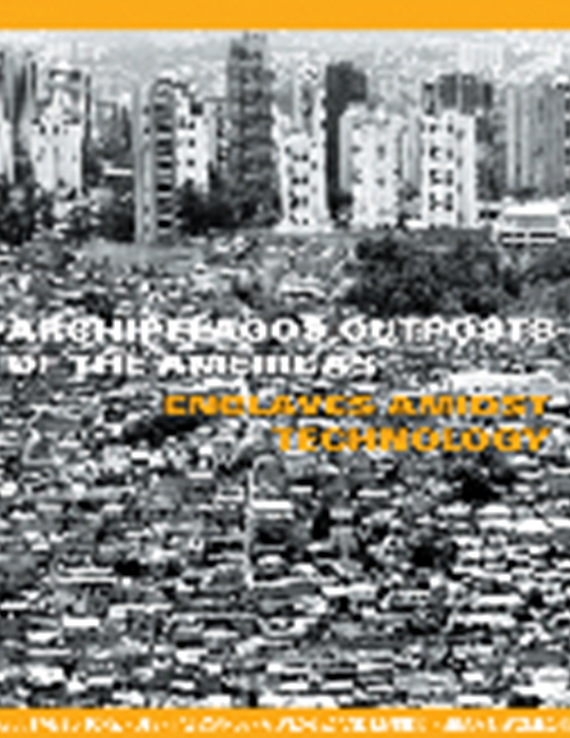Author(s): John M. Reynolds
The intent of the Luxembourg Honors International Studio in Architecture and Urbanism founded by Miami University Architecture Professor John Reynolds is to conduct architectural inquiry while living and working collaboratively in an international setting and, to pursue new forms of knowledge leading toward the creation of design practices and artifacts that enhance student learning and benefit the community. A Pedagogy of Engagement informs student design investigation and architectural making activity at multiple scales and is linked to research, outreach and community advocacy initiatives. In this context, students construct a set of critical design practices to interpret, engage, advocate and give form to the ideas, forces, and values that impact the design situation while resisting forces that contribute to architecture’s global commodification and homogeneity.Since 1993, The Luxembourg Honors International Studio has been engaged in community outreach activity as an integral part of the design studio characterized by its engagement in diverse cultural and social contexts stemming from dramatic demographic change (the population of Luxembourg is projected to double by 2020) related to the study of The Landscape of Human Migration as developed collaboratively with Le Centre de Documentation sur les Migrations Humaines (CDMH) in Luxembourg. Design activity for the CDMH initially included an adaptive re-conversion of a factory train station into a cultural center with interior design and environments for exhibition and publication activity related to migration issues. Simultaneously, advocacy or “agit prop” inspired, narrative-based art installations and small architectural projects were developed as part of a Museum Without Walls project. Occurring on multiple sites within the immigrant quarter “Little Italy”, these design interventions assist marginalized populations in finding their voice and raise awareness of buildings and spaces endangered by current speculative development practices while intersecting the pattern of the community’s general life.
Volume Editors
Marilys R. Nepomechie & Robert Gonzalez
ISBN
0-935502-54-8

 Study Architecture
Study Architecture  ProPEL
ProPEL 
